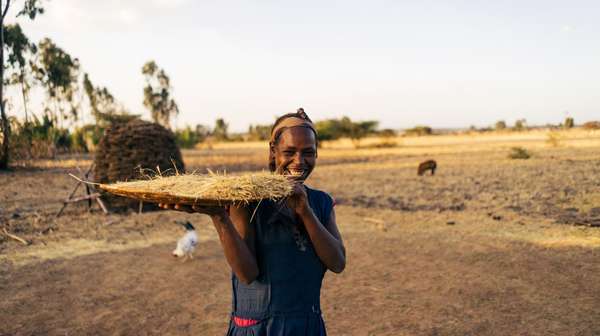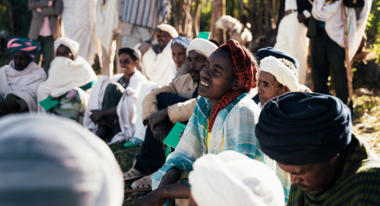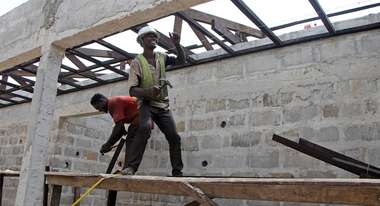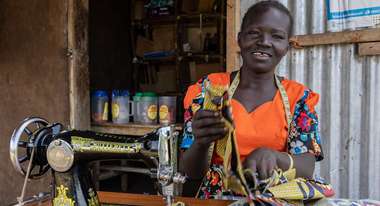Education builds businesses and the future
"Mama Chips" attended training on how to start a business – today she is the owner of two successful enterprises.

"Mama Chips," as Qabale Guyo is affectionately known, believes entrepreneurship is in her blood. After marrying early and becoming a mother, she was unable to finish secondary school. At the time, her husband had little income and the family didn't have much to live on. So Qabale decided to supplement her husband's income. Since she did not have a degree, she became creative and started trading livestock and selling food.
But her business acumen did not go down well with her husband. According to the Borana community, women are not allowed to work and men are expected to be the sole breadwinners of the family. This led to conflicts within the family and Qabale's husband left her and their four children - their youngest child was only a few months old at the time. After the separation, the young mother had to quickly find a way to support herself and her children.
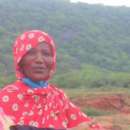
Business was bad for me. But after the training, I was able to apply the skills to my business and at home.
Qabale "Mama Chips" Guyo Project participantSuccess through education
She tried her luck with a community group that supported villagers in keeping livestock, but the income was not enough to live on, despite all her efforts. At that time, our partner organization PACIDA visited the region. The staff was looking for participants for an educational project on business creation and asked the inhabitants of Sololo to name people who were most economically vulnerable. Among the 16 women and four men selected for the project was Qabale Guyo.
In the first two months of the project, all 20 project participants learned how to plan a business, create a budget, and generate the necessary capital to start a business. During this time, they all saved as much as they could. These savings would later serve as start-up capital for the small businesses. After two months, the group was provided with a metal safe where all participants could deposit their savings. The group saved for one year and then divided the savings among the 20 members. In addition to the savings, each participant was provided with seed money.
The future is goldbrown
Qabale combined her newfound knowledge with her savings and start-up capital and founded her own small business: a fast-food store selling mainly potato chips. Meanwhile, Qabale and her chips business are so well known that she is not only called "Mama Chips" by everyone, but she also got a contract with a local bank. She now daily delivers tea and snacks to the offices in Sololo.
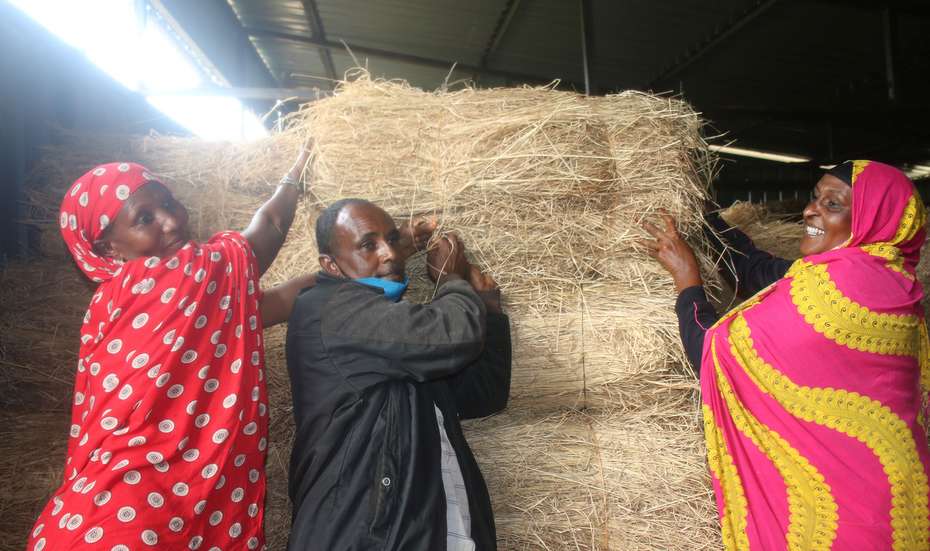
Before participating in the project, Qabale says, she was deep in debt and not making a profit. "Business was bad for me. But after the training, I was able to apply the skills in my business and at home. I saw a big improvement in my finances," she says. Through group savings, she has been able to access loans, and those loans have enabled her to pay her children's school fees. Before, it was very difficult for her to get money. Qabale is proud to pass on the budgeting and savings skills she has learned to other community members and to her own children. One of her children has opened a grocery store next door to Qabale's chip store.
And since entrepreneurship is in her blood, she has already implemented her next business idea. Together with Gabriel Bagaja Tepo and Hadijah Hassan, who also participated in the project, she now sells animal feed. "Since the demand for fodder is huge, I plan to lay water pipes on my farm so that I can expand the fodder business," she says cheerfully.
This project, along with KEN 1149, UGA 1069, is part of the Crossboarder Project SRAPLEA.




